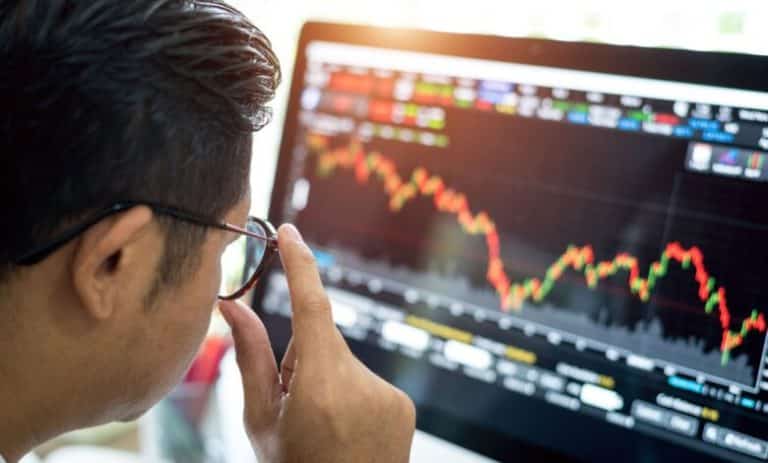Those days are long gone when you had to go through the cumbersome process of opening trading and demat accounts. The internet has now made it possible for people to open these accounts online and begin trading within no time.
As a new trader and investor, it is important you understand the purposes and differences between a trading account and a demat account, and how each account has a role to play in helping you build your financial health.
Understanding a Demat Account
Opening demat account is not that difficult and can be done in a few minutes, thanks to digital KYC. This account is used to hold an electronic record of your shares and other financial securities.
Even if you have physical shares, you can transform them into an electronic form and maintain them in your demat account. This account cannot be used for trading. It is used just for holding the records of your security. There is no need to maintain a minimum balance nor are you obligated to hold stock. So, you can easily open a demat account before you begin trading.
If you are a resident of India, it is best to open a regular demat account to store securities, equities, and IPO shares. To sell these shares and securities, you would need a trading account. On the other hand, if you are an NRI, you should choose a repatriable demat account that is linked to your NRE bank account.
Understanding Trading Account
If you want to buy and sell shares, securities, and other financial instruments, you will need a trading account. You can open one on a trading app or even with other online platforms. It is advisable to check the charges as you would need to pay a fee for account maintenance. Remember that the cheapest brokerage house may not necessarily be the best. Look at other factors to determine whether a broker or brokerage house is the right one for you.
Furthermore, trading accounts are of different types. The most common type is an equity and derivative account that allows you to trade futures, shares, and options. You can easily trade online using this account or you can even buy or sell offline through your broker. It is also prudent to remember that when you trade in futures and options, you do not need a demat account. You will need one only if you trade shares.
Then there is a commodity trading account that allows you to trade on the Multi Commodity Exchange (MCX). This account will enable you to buy and sell commodity options and futures through your broker or trading app.
Finally, there is a discount trading account that allows you to trade large volumes of shares and stocks. This account comes with more affordable fees but not other services. The broker may provide other services but it will be at an additional cost.
Demat Account vs Trading Account
Here are some differences between a demat account and a trading account:
- A demat account is used to store electronic records of shares and securities while a trading account is meant for buying and selling shares and securities.
- Demat accounts allow you safely store shares in electronic form and that minimizes the risk of fraud, theft, and issues in transfer. Trading accounts make it convenient for traders and investors to buy and sell shares from anywhere.
- Electronic shares do not have an identification number but you will receive a unique identification number for your demat account that stores the records of your shares and securities. A trading account also comes with an identification number that is used to identify your trades as well.
The Bottom Line
Now you the basics about trading and demat accounts. Once you open the accounts, complete the KYC process, and link your PAN card to the accounts, you will be ready to buy and sell shares and other financial assets.
Read also:- How to Short Bitcoin – Everything to Know About the Concept



